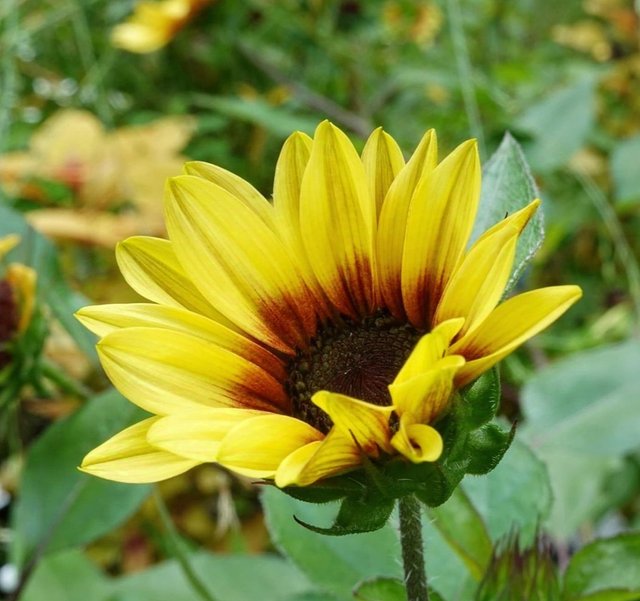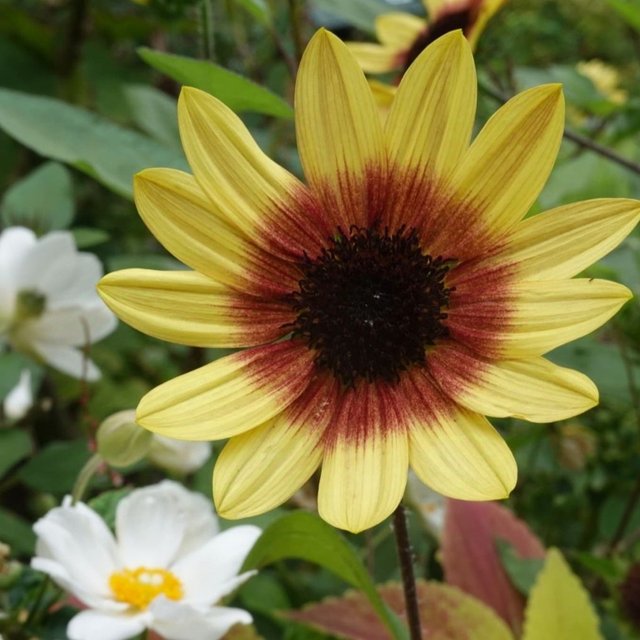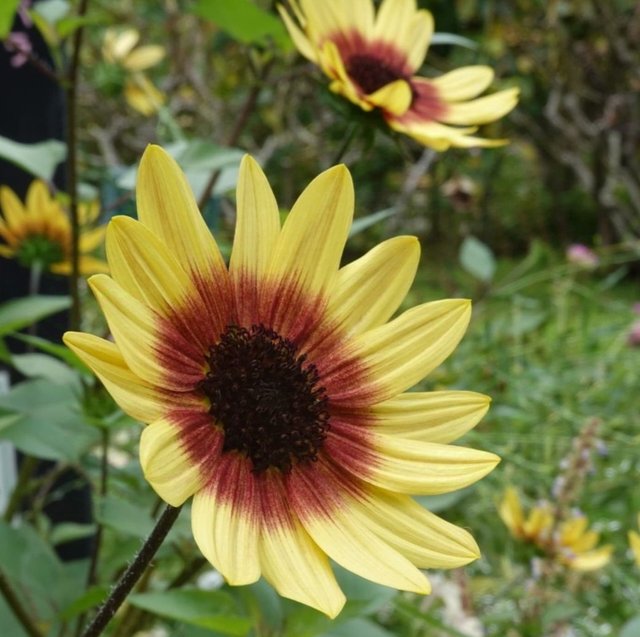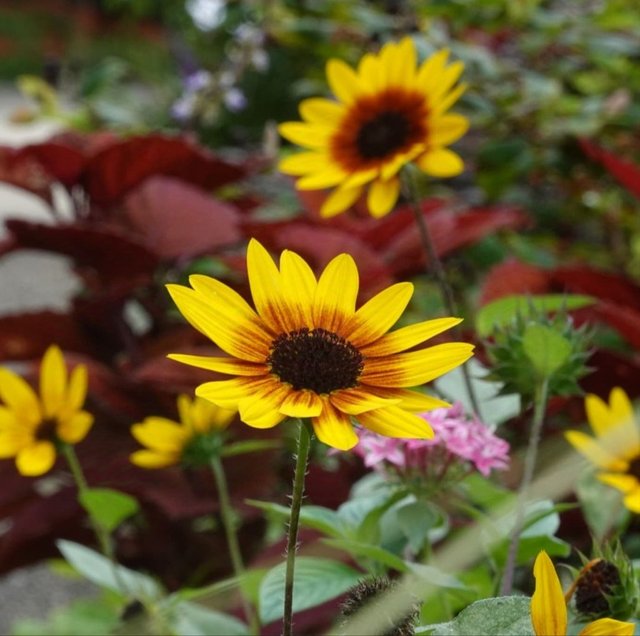Beautiful Yellow Colour Common Sunflower
The Common Sunflower: A Bright Beacon of Nature
The common sunflower is one of nature's most recognizable plants, celebrated for its towering height, vibrant yellow petals, and broad, sun-seeking flower heads. From its humble beginnings as a wild plant to its present-day prominence in agriculture, art, and culture, the sunflower has fascinated humans for thousands of years. This post delves deep into the world of the common sunflower, exploring its history, biology, uses, and cultural significance.
A Brief History of the Common Sunflower
The common sunflower is native to North America, where it has been cultivated by indigenous peoples for over 4,500 years. Early civilizations, including the Native Americans, used sunflowers not only for their beauty but also for their seeds, which provided a rich source of food. In fact, sunflower seeds were ground into flour, eaten as a snack, or used to extract oil.
By the 16th century, Spanish explorers introduced the sunflower to Europe, where it quickly became popular. From there, the sunflower spread to various parts of the world, including Russia, which would eventually become one of the largest producers of sunflower oil. Today, the sunflower is grown across the globe, from the vast fields of the American Midwest to the plains of Eastern Europe.
Botanical Characteristics
The common sunflower is an annual plant, meaning it completes its life cycle—from germination to seed production—in a single growing season. It typically grows to heights of 1.5 to 3.5 meters, though some varieties can reach up to 6 meters. The sunflower's most distinctive feature is its large, daisy-like flower head, which can range from 7.5 cm to 30 cm in diameter.
The Sunflower’s Structure
What most people think of as a single sunflower is actually a composite of two types of flowers:
Ray flowers – The yellow "petals" that form the outer edge of the sunflower head are sterile and serve mainly to attract pollinators.




